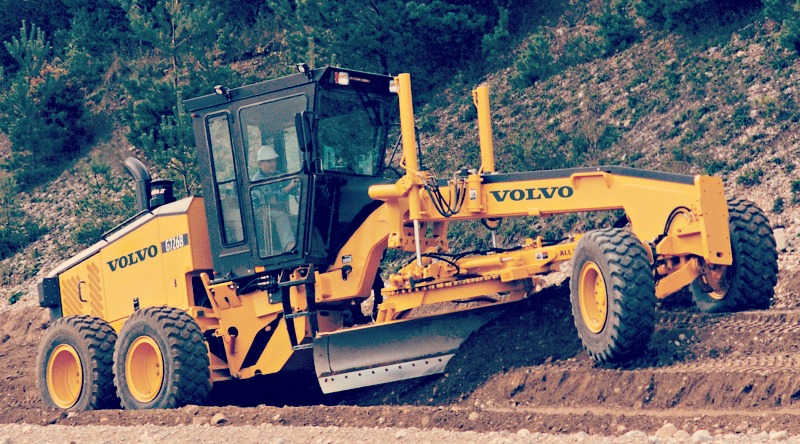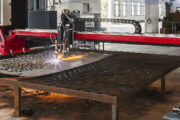Graders are essential part of many construction projects as they provide the needed smooth surface before building an object or when setting up a foundation. The graders are operated by grader operators only, who must be skilled at running graders and knowledgeable about the latest technologies. The grading process is a complicated one, although it does not seem as such. It requires skilled grader operators and expensive equipment (graders). As grader operators are most responsible for the results on the job site, here are some tips that might help every operator to learn how to get the best grader for a specific job and how to provide better grading results.

Make A Good Calculation – When grader operators invest in graders, they expect them to last for more than 10 years. The life of the grader depends on the nature of the work and how much dirt it moves. For example, if you need a grader for a smaller project, a grader with 80-150 horsepower will be the most efficient. There is no need for high power grader for applications such as landscaping, road maintenance or making driveways. Additionally, the smaller grader provides exceptional maneuverability and great transportability.
Inspect The Ground Conditions – Before buying a grader, you need to consider the ground conditions in the area where the machine will be used. Some areas require heavy-duty pressure blades, while other a lower ground bearing pressure blades. So, the ground conditions have an impact on the selection of the grader, attachments, size of tires, etc. For example, a rocky surface certainly requires a heavier grader, because heavier loads may have an impact on the grader parts.
Consider 6-Wheel-Drive Grader – Do not assume that tandem-drive graders are the best. The six-wheel-drive graders indeed cost 15% more than the tandem-drive graders, but they can increase the productivity in all applications for about 30%.
Never Try To Move Too Much Material Or Too Fast – Graders are traction-limited, so they can only push as much as their manual states. Although one may think that it is wiser to operate faster and move more material, a grader used more carefully is more productive.
Less RPM – Grader operators that use less RPM may save a significant amount of fuel while maintaining optimal productivity. Too often, the grader operators think that operating at higher RPM is more efficient, but this is wrong, because operating at medium RPM delivers the exact amount of work like at higher RPM.


